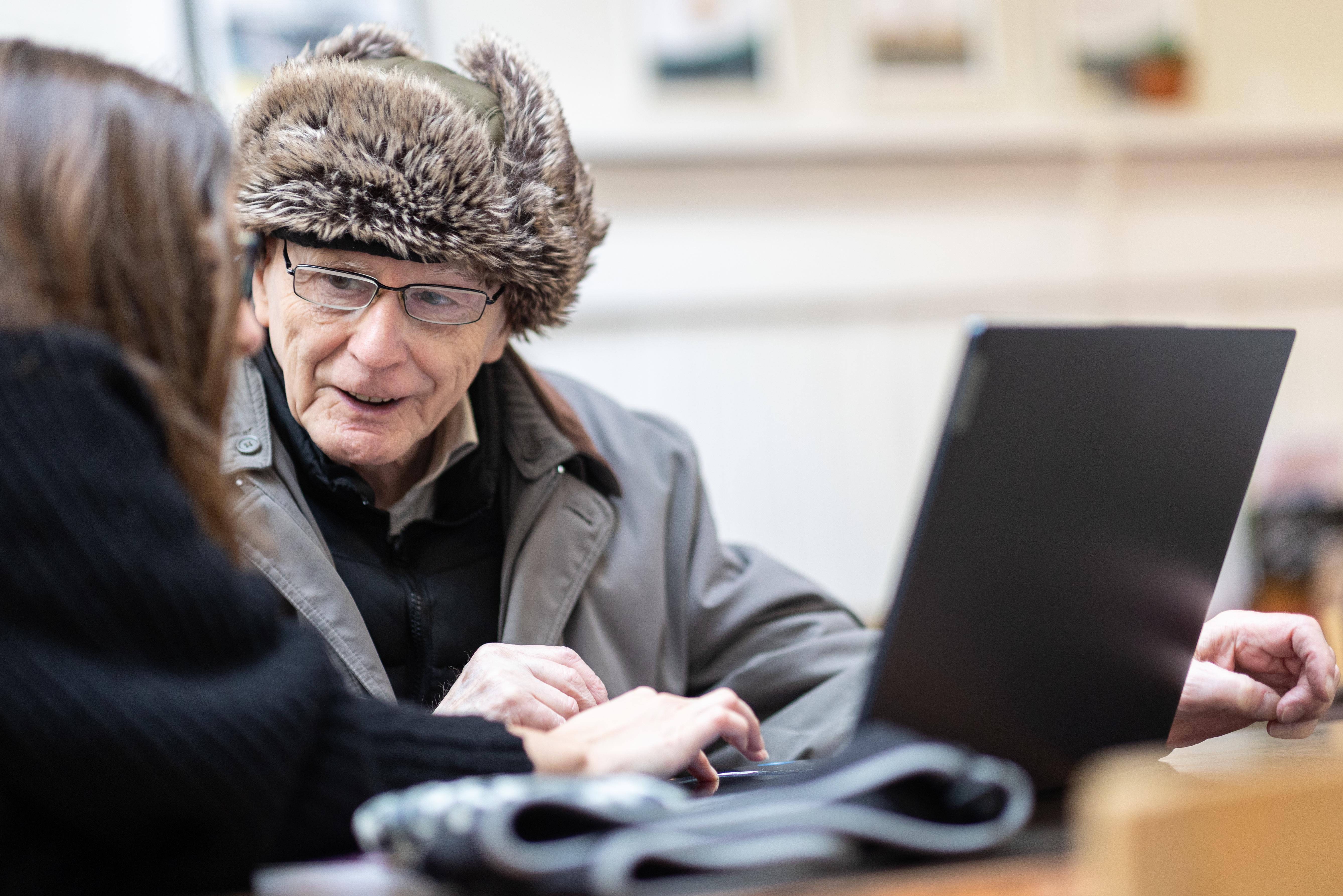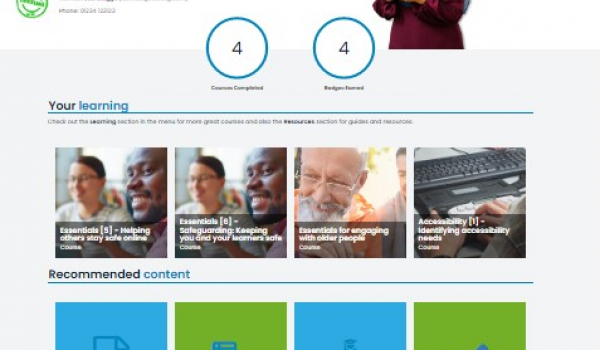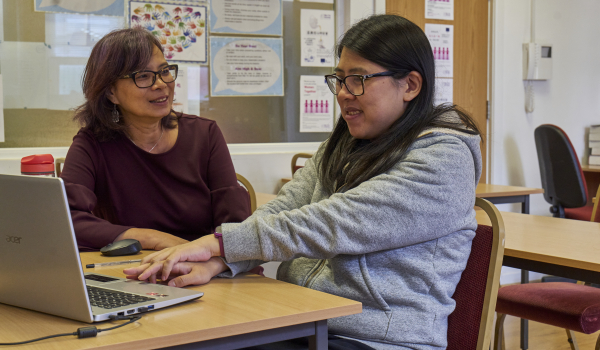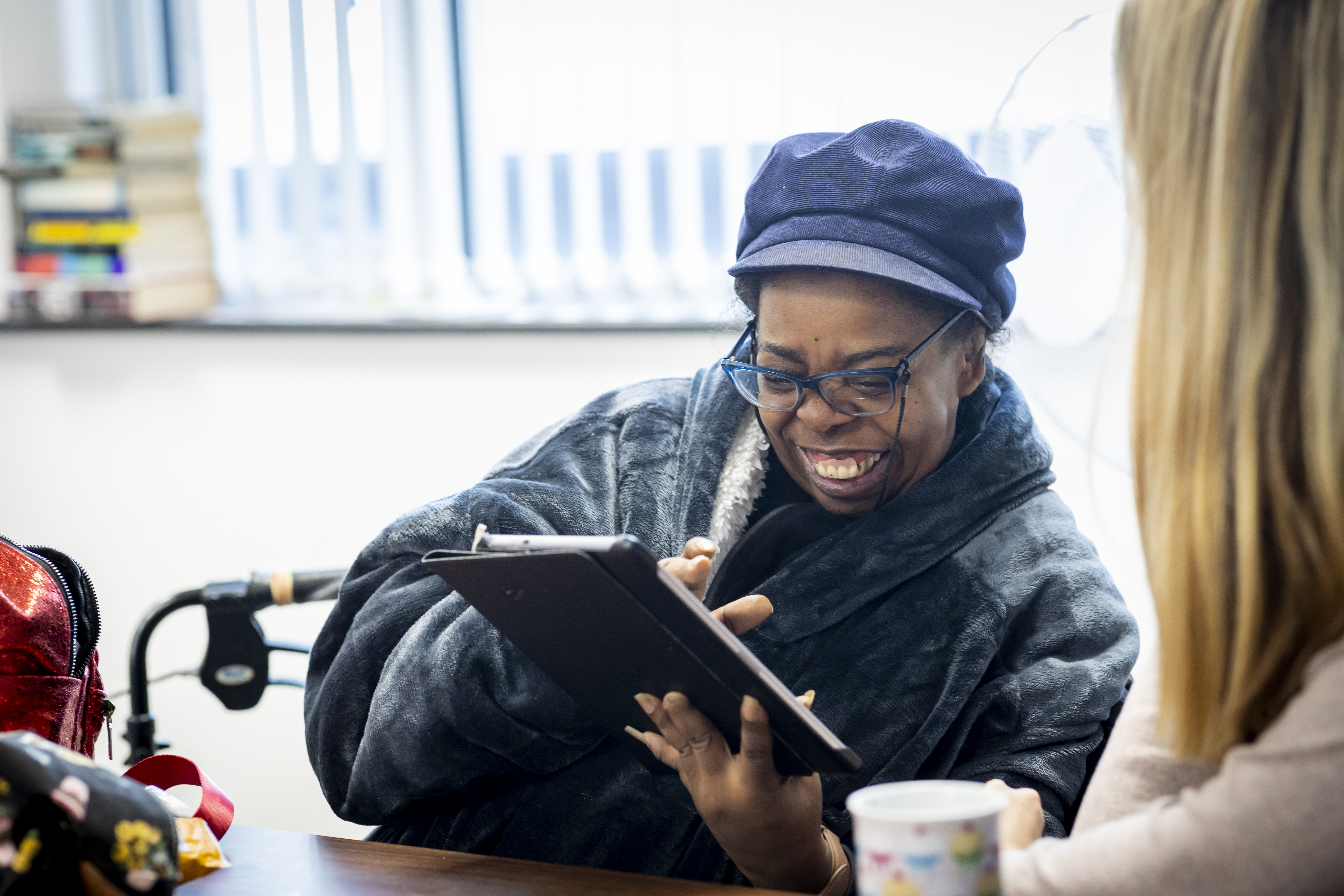What kinds of organisations?
Under the main umbrella of NYDIP, there are 40 separate projects, each with their own Project Manager running their own Digital Champions.
The organisations involved are hugely varied: church groups, village halls, housing associations, schemes based in GP surgeries, mobile libraries and refurbished buses. And charities that support carers or provide transport for older people; run community hubs and shops, support people with dementia, help kids use specialist educational apps, or provide digital help for those in palliative care….
It takes digital skills into the heart of so many different communities and builds on the idea that people learn best from “trusted faces in local places”, and want help with specific skills connected to their lives.
One of the striking things about the Network – and the way the issue impacts us all – is that most of these organisations were not established with combatting digital exclusion as their principle goal. Instead, they're organisations that have seen how digital use runs through so many aspects of their service users lives. And to help them, they need to provide help with digital.
It’s vital that training and project management is super flexible to fit all these organisations, who as well as having different priorities might have 45 Digital Champions or just a couple - and who are scattered across a big geographical area.



